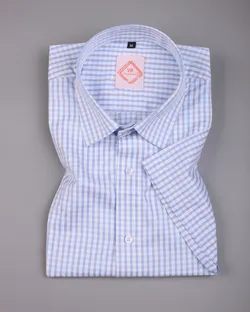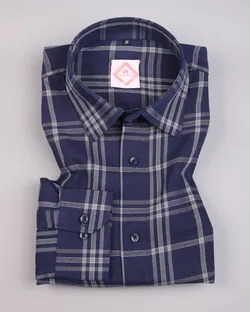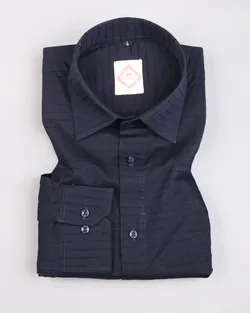AMAZING DEALS
Extra discounts upto Rs 400 at checkout.
GET 15% off upto Rs. 400 on Orders above 2749 | Use GET15
Save Min 50% on all orders and get free shipping
Extra discounts upto Rs 400 at checkout.
GET 15% off upto Rs. 400 on Orders above 2749 | Use GET15
Save Min 50% on all orders and get free shipping
Extra discounts upto Rs 400 at checkout.
Extra discounts upto Rs 400 at checkout.
GET 15% off upto Rs. 400 on Orders above 2749 | Use GET15
Save Min 50% on all orders and get free shipping
Extra discounts upto Rs 400 at checkout.
GET 15% off upto Rs. 400 on Orders above 2749 | Use GET15
Save Min 50% on all orders and get free shipping
Extra discounts upto Rs 400 at checkout.
Home
Orders
Browse







